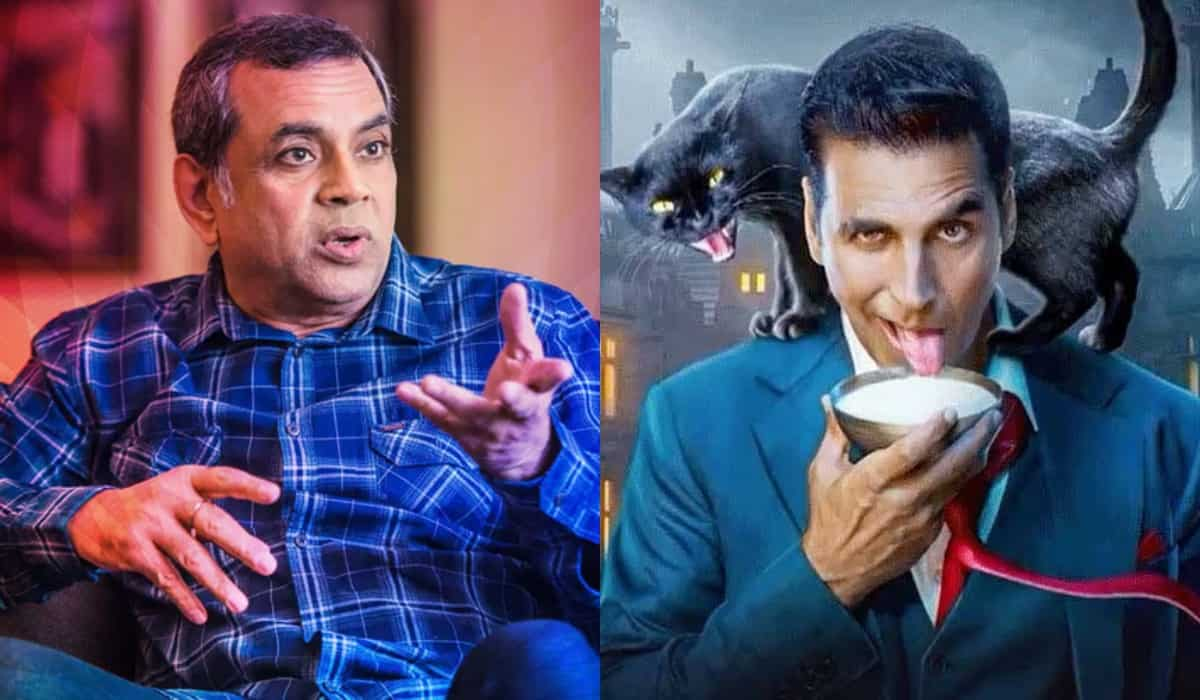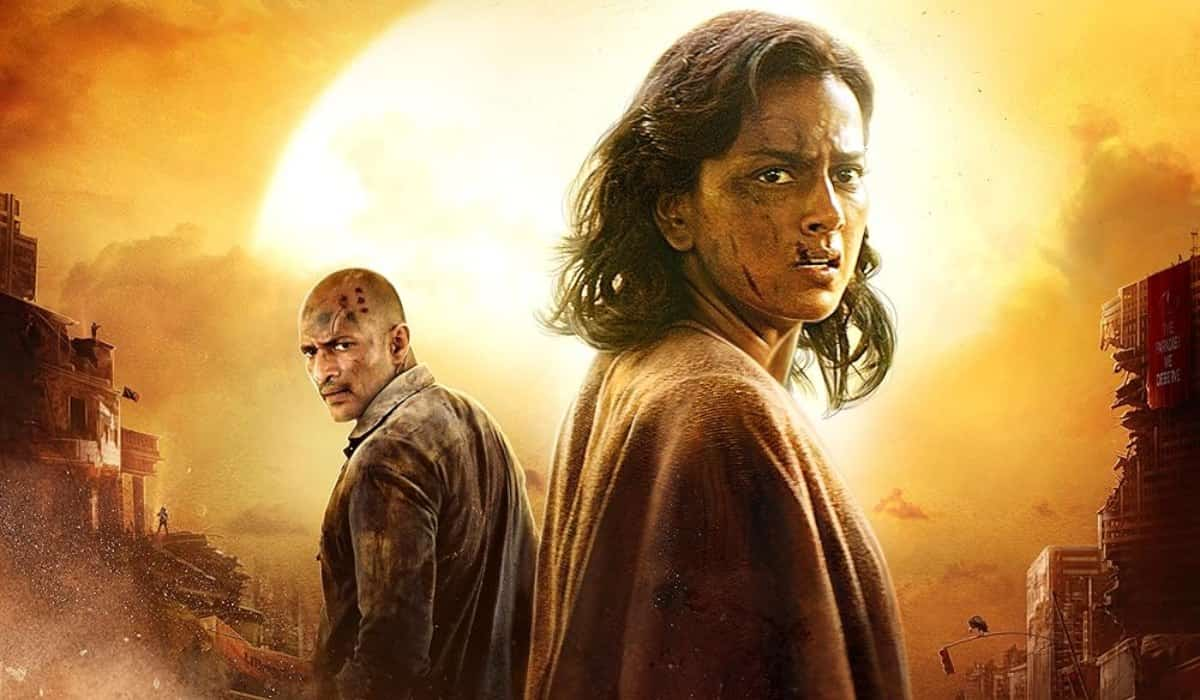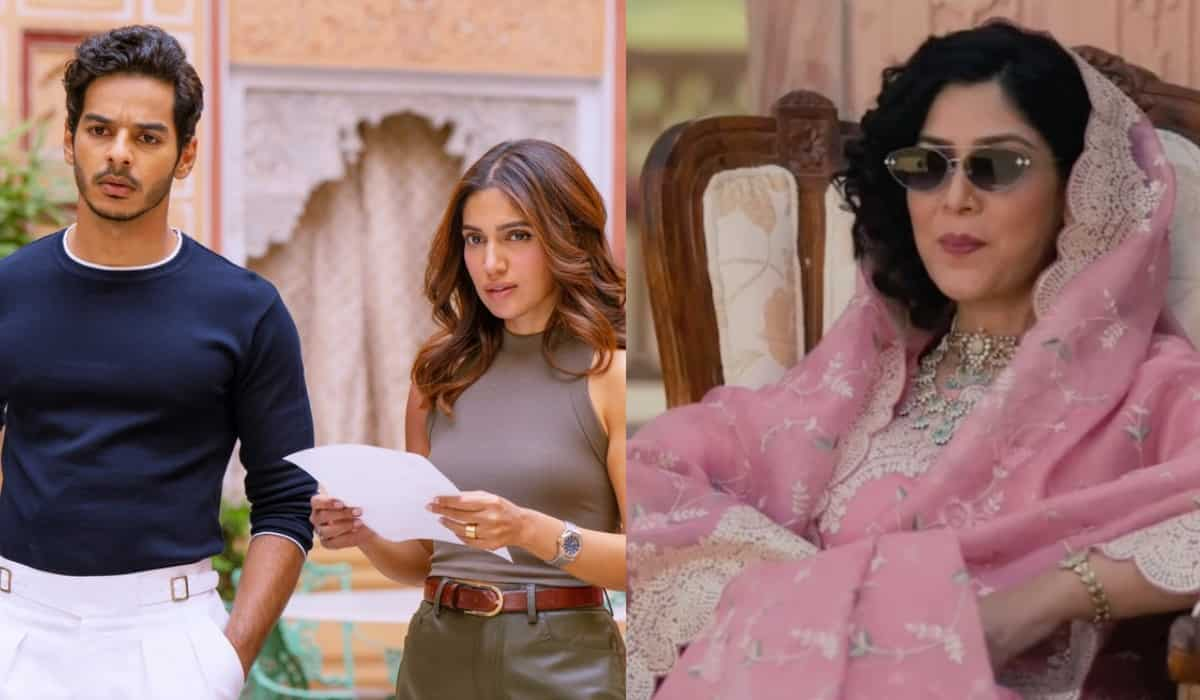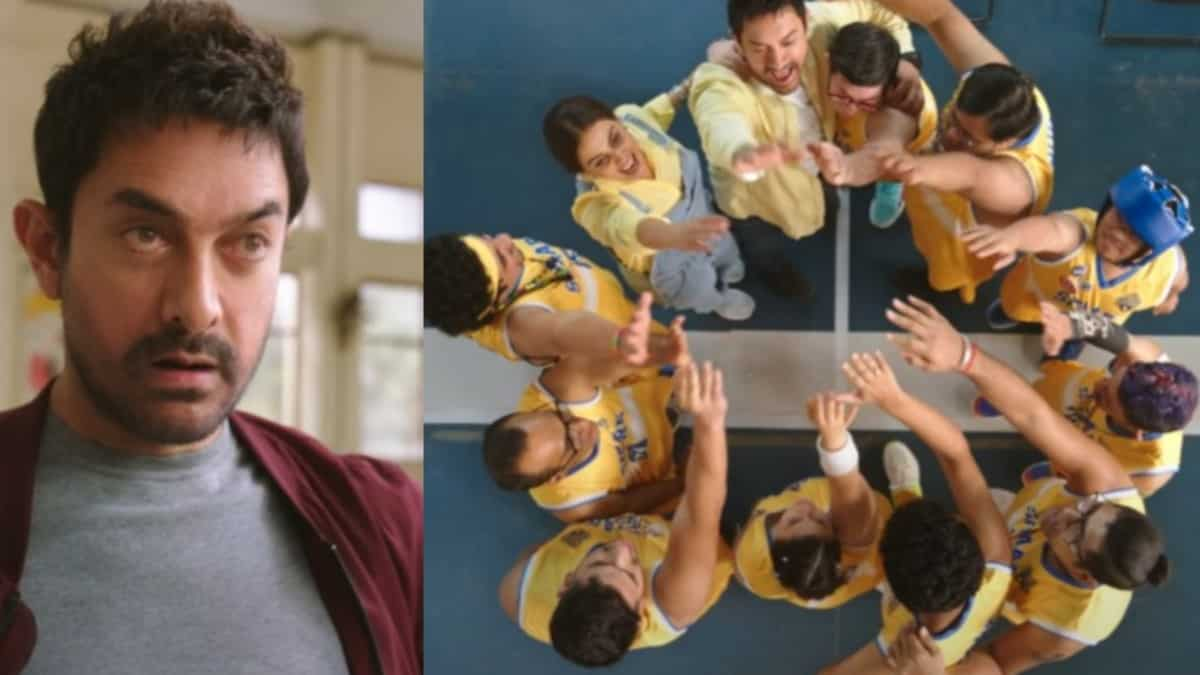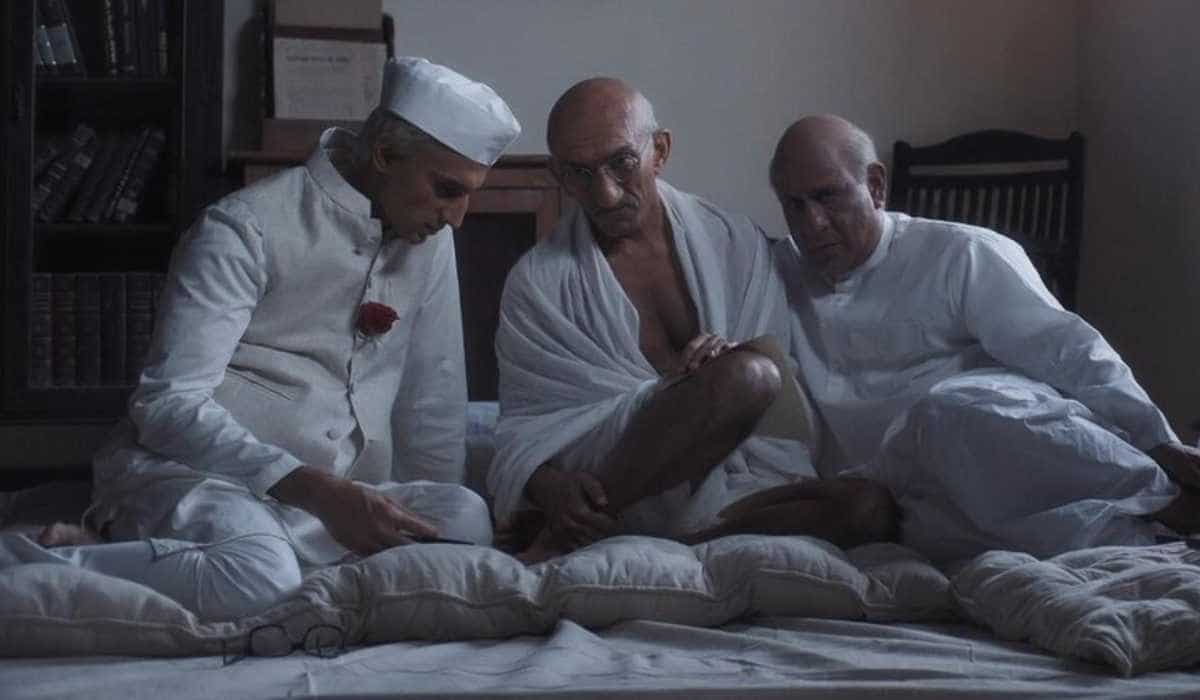
Freedom at Midnight review: Nikkhil Advani brings a poignant chronicle of India's struggle and triumph
6 months ago | 5 Views
Freedom at Midnight story:
In Freedom at Midnight, the gripping narrative of India's fight for freedom unfolds. It describes contemporary religious, social, and political dynamics and the events leading up to the India-Pakistan partition. It is based on the best-selling book by Larry Collins and Dominique Lapierre.
Freedom at Midnight review:
How can one define freedom? One can define it as a state in which one is not under the control of another. It also refers to the freedom or capacity to act or express one's desires. This subjective word has become such a powerful term over the years that multiple definitions have come out, but has anyone reached that state entirely? Not so much. India attained freedom or became an independent nation from the British rule after 200 years of bondage on August 15, 1947, at midnight. But at what cost? This freedom came with great power, where supposed responsibilities were shared only to create more division among other people.
Created by Nikkhil Advani, this is the first full-fledged mainstream, if I may say, series made on India's freedom struggle based on the controversial nearly 50-year-old book of the same name by Larry Collins and Dominique Lapierre. Why controversial? Well, why not?! The book discusses issues such as the ongoing power struggle in the country and the division of the nation based on religion, which has led to the integration of religion into politics.
Arif Zakaria, portraying Muhammad Ali Jinnah in the series, asserts that Mahatma Gandhi is blending politics and religion. This ideology, steadfast even after 78 years of India's independence, forms the foundation of Freedom at Midnight. While the series depicts colourless riots in a black-and-white format, it does not diminish the fact that the British policy of "divide and rule" has become deeply ingrained in people's minds.
This ultimately led to Jinnah, who began his career with the Congress, resigning due to Gandhi's non-cooperation movement and founding his own Muslim League Party. This in no time became the stubbornness to create another religion-based nation altogether, that is, Pakistan.
Advani did not simply skip through the chapters to tell the story of this country's history, which involved a select few people. The filmmaker meticulously delves into the emergence of an independent India. Although it's the greatest news of all time for the country, it's also the most heartbreaking, as politics took precedence over everything, particularly humanity.
Similar to the book, the series offers a comprehensive account of the final year of British rule in India. Indeed, the final months of the country's independence resurface the events of the past 200 years, revealing the worst aspects of the country as the unity bridge gradually crumbles.
The series transforms into a rigorous experiment, as the depiction of the country's history has become a standardised formula. However, multiple writers, including Abhinandan Gupta, Gundeep Kaur, Adwitiya Kareng Das, Divy Nidhi Sharma, Revanta Sarabhai, and Ethan Taylor, skilfully weave in a sense of thrill.
Not only that, but since Richard Attenborough's 1982 Oscar-winning film, Gandhi, which swiftly depicted many of these chapters, the actors have faithfully brought these historical figures to life. Sidhant Gupta portraying Jawaharlal Nehru, Chirag Vohra portraying Mahatma Gandhi, Rajendra Chawla portraying Sardar Vallabhbhai Patel, and Arif Zakaria portraying Muhammad Ali Jinnah are particularly noteworthy.
Gupta embodies the charm of Nehru, a quality likely last seen in Roshan Seth's portrayal in the film Gandhi. Over the years, numerous actors have portrayed Gandhi, with many successfully capturing his accent, body language, and overall charisma. Here, Vohra also executes the role flawlessly, preventing it from becoming caricatured, a common mistake. To be honest, it's not surprising to see Zakaria as Jinnah, as the actor successfully embodies the demeanour and borderline menacing attitude required for this character.
There are several memorable scenes between these characters where everyone maintains an equal pace and presence. There are rare moments when these actors don't dominate each other.
Despite being the youngest among the group, Gupta consistently stands out. He brings a unique perspective to the changing and adapting attitude of Nehru, who transitioned from a Cambridge graduate to a man who spent nearly nine years in jail while fighting for his country's freedom.
The surprise lies in KC Shankar's portrayal of VP Menon, a role often overlooked in popular culture despite his significant role in shaping India's independence.
Advani's series, spanning over seven episodes, is watchable even for a novice who is familiar with India's history and figures but may not fully understand the backstory of how politics shaped the landscape. There are several instances where the series rewinds from 1947 to the 1910s and even the 1930s, when non-violent methods were becoming the norm. However, as soon as the British signaled their intention to relinquish power, the burden of responsibility began to diminish among the populace, as they struggled to determine the initial steps necessary for the country to embrace its newfound freedom.
After a very long time, I believe that watching India's independence story revived my interest in history, which had faded due to the shifting narrative of jingoism and chest-thumping patriotism on screen.
Freedom at Midnight is a poignant tale of the nation's triumph over two centuries of struggle. The story evokes strong emotions, but regrettably, the final chapters remain unrevealed, resulting in a slightly longer wait.
Freedom at Midnight verdict:
Freedom at Midnight comes out as a visual chronicle of a nation wrestling with its past and navigating the present. With vibrant performances, historical heft, and a script that tiptoes across timelines, Nikkhil Advani illuminates both the agony and ecstasy of independence.
Read Also: Matka Review: Varun Tej shines in this otherwise silly and lackluster crime drama
HOW DID YOU LIKE THIS ARTICLE? CHOOSE YOUR EMOTICON !
# FreedomAtMidnight # NikkjilAdvani


